
It’s tough. There’s heat, flies and a tight budget to trial a fly-in fly-out emergency medicine program in a remote community more than 750 km from Adelaide.
Gaining trust as an outsider and working week long shifts are hard enough – but re-writing the rules for health delivery, working with a team forging the new field of community paramedicine, takes a particular type of everyday bravery.
For many, the pressure of being a paramedic would be enough but Alex McKenzie wanted something more. After a decade of lights and sirens, Alex completed an MBA in search of a management job – but found the new perspectives he was exposed to in his study led him to help pioneer a new category of healthcare instead.
Alex is among the first cohort of Community Paramedics in the world. This new field combines the extensive health care expertise and knowledge of an intensive-care paramedic with the role of a preventative health practitioner. Translating his expert knowledge into preventative health advice to communities in the vast area around Ceduna, Alex is a vital part of a team of highly experienced practitioners, helping reduce health system costs and radically improving the quality of life for local people.
Alex embarked on his career in this pioneering field when his studies opened his eyes to the challenges of the wider health system.
“The practice of taking every patient to hospital has to change if we are to make the ambulance and health care systems successful and sustainable – particularly when resources for these services are so scarce!” Alex said.
“Studying while working is tough but rewarding, allowing me to get skills and experiences that I had never been exposed to. I was learning accounting and financial management but also extending my knowledge into the macro workings of the health system, policy and governance.
“Through that course I have found a passion for economics in particular the macro economic factors affecting the health system.”
“This role can save a lot of money through health prevention and on-the-spot care.”
Developing his talents for strategic thinking and analysis he realised his future lay not in a nondescript office managing balance sheets, but in a whole new field.
"The program has a strong focus on Indigenous health, and staff continuity by having the same paramedicine team flying in each week is very important to local Indigenous people, Alex said.
“In this role, I am getting the best of both worlds – able to be a clinician and fulfil that internal need of getting out and helping people. Which is why I started out being a paramedic in the first place.”
“It’s really making a difference”.
While the Community Paramedicine program is in its infancy there is still room for ideas around its future implementation to grow.
“I believe in what we are doing. I can see the profound difference that our work has on the community.”

At Flinders University, we recognise that careers are evolving and the workplace of the future will look very different from today.
Our new suite of innovation and enterprise electives and courses prepare you for the careers of tomorrow by developing what we like to call ‘personal enterprise skills’ – the innate ability to adapt to whatever life throws at you, professionally and personally.
Whatever undergraduate course you are studying at Flinders you can add innovation and enterprise electives to your degree to gain new, adaptable and transferrable skills that will equip you for changes in the global job market. Or you can choose a course to specialise in innovation and enterprise.
Whichever option you choose, you’ll be career-ready and empowered to make your mark on the world.



